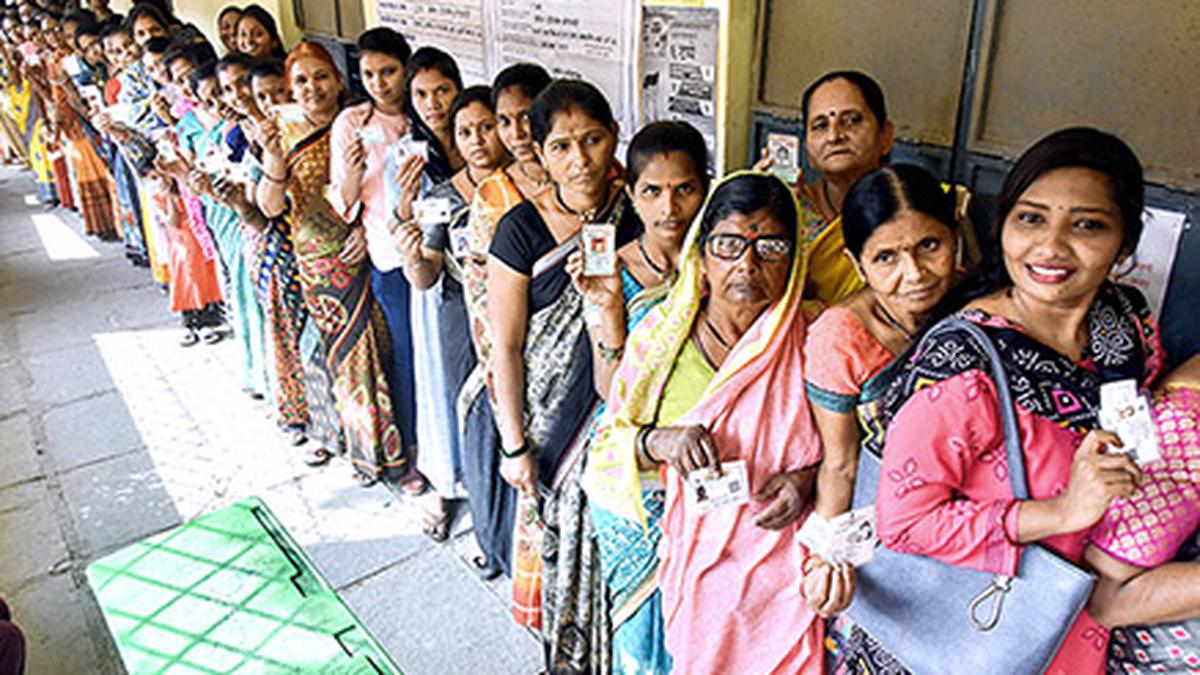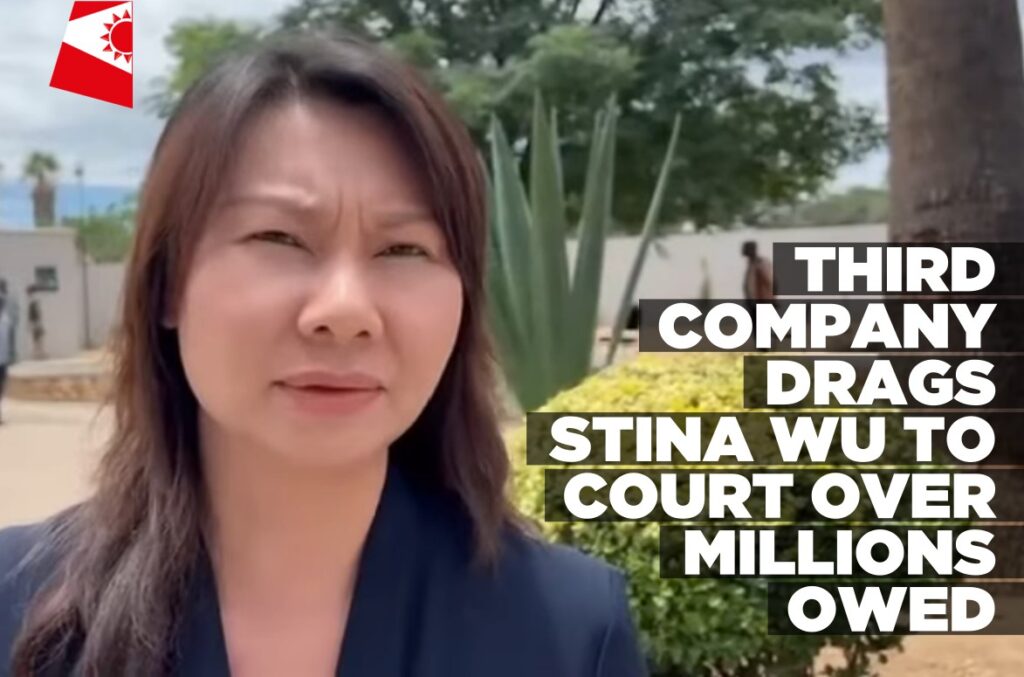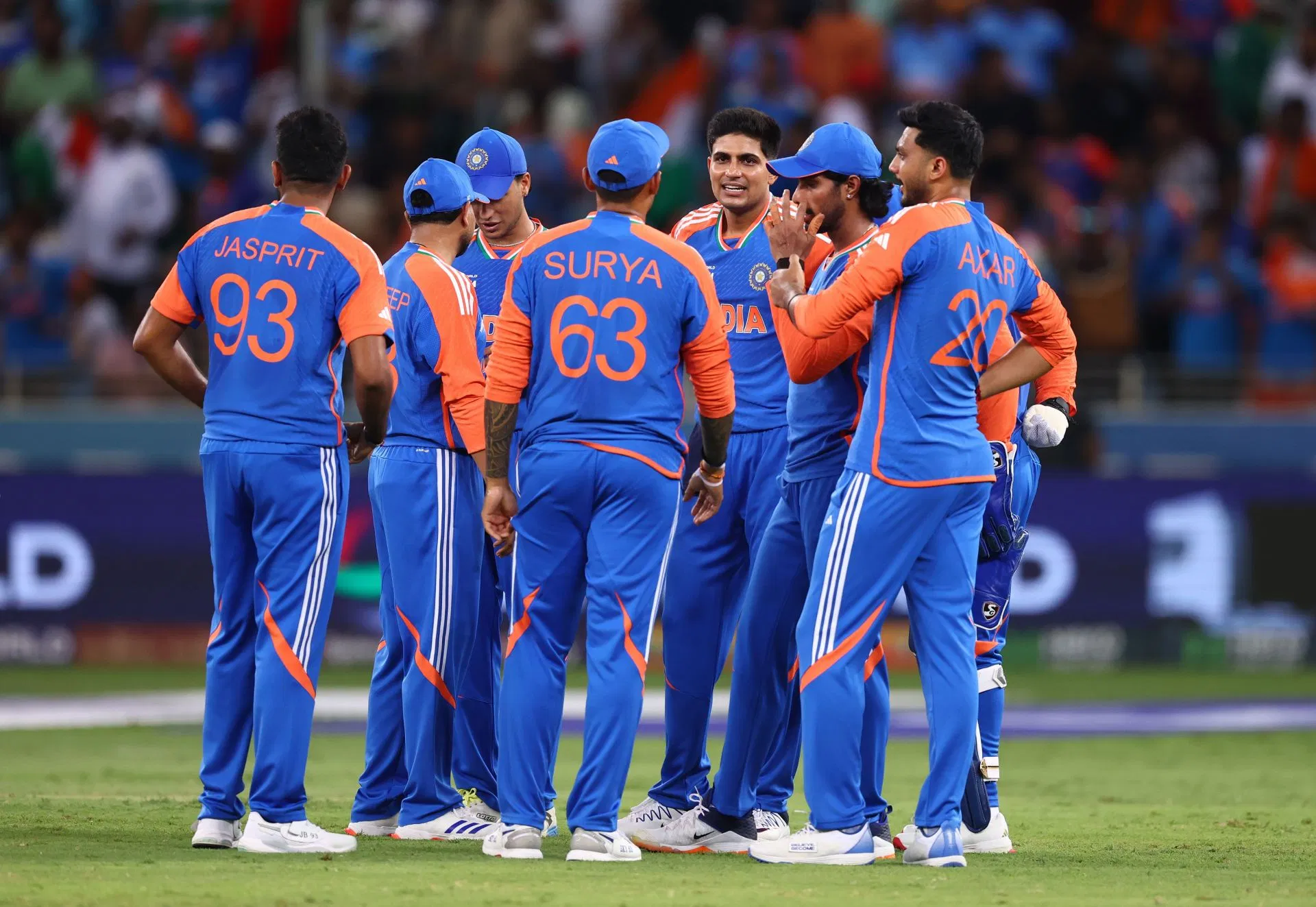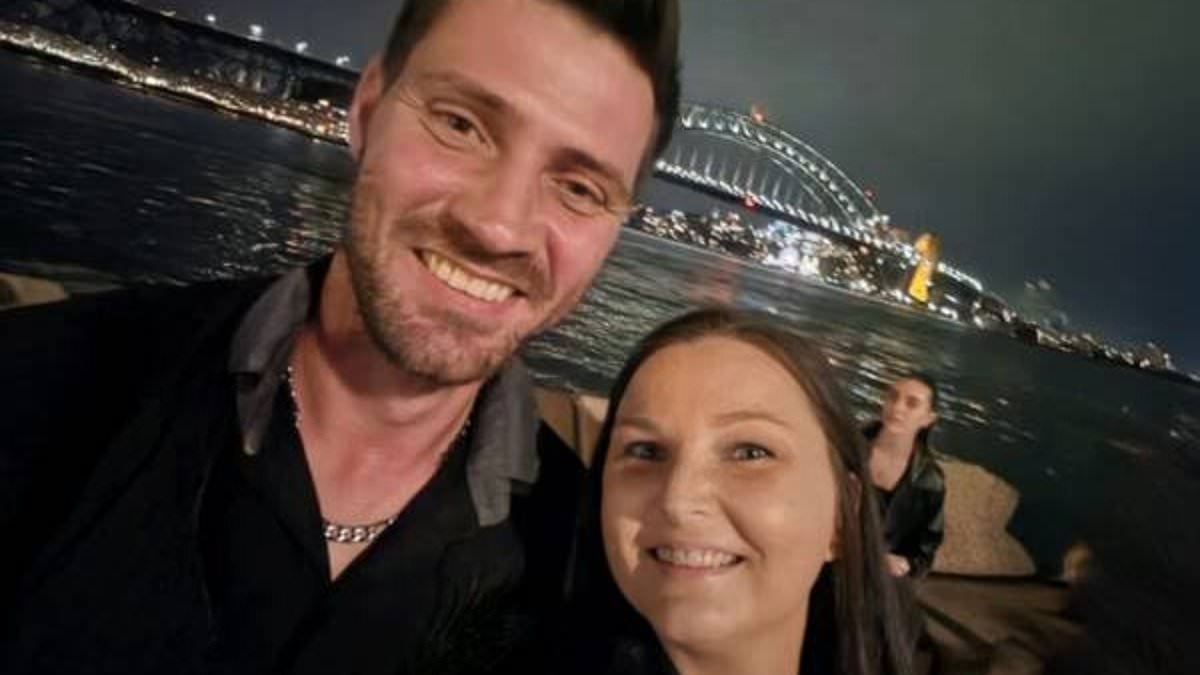‘Last concession’: Supreme Court orders conduct of Maharashtra local body polls by January 31, 2026
By Aaratrika Bhaumik
Copyright thehindu

The Supreme Court on Tuesday (September 16, 2025) fixed January 31, 2026, as the final deadline for holding the long-pending local body elections in Maharashtra, while censuring the State Election Commission (SEC) for its “failure to take prompt action” and adhere to earlier timelines.
A Bench of Justices Surya Kant and Joymalya Bagchi stressed that the extension was being granted as a “one-time concession” and warned that no further extension would be permitted.
“Elections of all local bodies, including Zila Parishads, Panchayat Samitis and municipalities, shall be conducted by January 31, 2026. No further extension shall be granted to the state or the state election commission. In case any other logistic assistance is required, SEC should approach this court before October 31, 2025. No such prayer will be entertained thereafter,” the order stated.
Also read | Fadnavis says State leadership to decide on local body poll alliances
The Bench also directed that the ongoing delimitation exercise be completed by October 31, 2025, cautioning that it could not be cited as a reason to defer the polls.
The counsel appearing for the poll body submitted that delimitation had been completed for Zila Parishads and Panchayat Samitis, but was still underway for municipalities. The Commission sought additional time, citing a lack of electronic voting machines (EVMs), non-availability of school premises during board examinations, and a shortage of staff. However, these justifications did not find favour with the court.
Local body elections in Maharashtra have remained stalled since 2022 owing to litigation over reservation for the Other Backward Classes (OBC). In May, the Supreme Court had passed an interim order directing that polls be conducted under the OBC quota framework that existed prior to the submission of the J.K. Banthia Commission report. The Commission had recommended 27% OBC reservation in local body elections.
Non-compliance with earlier directive
Pulling up the SEC for failing to comply with its earlier order, the Bench observed, “We are constrained to observe that the SEC has failed to take prompt action for compliance of this Court’s directions in the prescribed time schedule.”
The Judges further noted that since board examinations are scheduled only in March 2026, they cannot serve as a justification for deferring the elections.
To address staffing concerns, the court directed the SEC to furnish within two weeks the details of personnel needed to the State’s Chief Secretary, who in turn was tasked with coordinating with other departments and ensuring their deployment within four weeks. With respect to the shortage of EVMs, the SEC was instructed to make necessary arrangements and file a compliance affidavit by November 30.
In its interim order in May, the court had underscored that the constitutional mandate of grassroots democracy through periodic elections must be upheld. “Today, bureaucrats are occupying all the municipal corporations and panchayats and are making major policy decisions. A complete democratic process has been stalled due to this litigation. Officers have no accountability. Why not allow the elections as per the present data?” Justice Surya Kant had asked Solicitor-General Tushar Mehta, appearing for Maharashtra.
The petitioners have argued that OBC reservation in the State was introduced without due study or adherence to the “triple test” laid down by the Supreme Court. The test requires the State to constitute a dedicated commission to collect empirical data on the backwardness of OBCs in each local body, to recommend the proportion of reservation accordingly, and to ensure that the combined quota for SC, ST and OBC categories does not exceed 50%.
The then Maha Vikas Aghadi government had set up the commission led by Mr. Banthia, a former Chief Secretary, to collate data as required by the court.
After the panel submitted its report in July 2022, the then Eknath Shinde government had moved the Supreme Court for permission to hold elections to local bodies, introducing the OBC quota.



